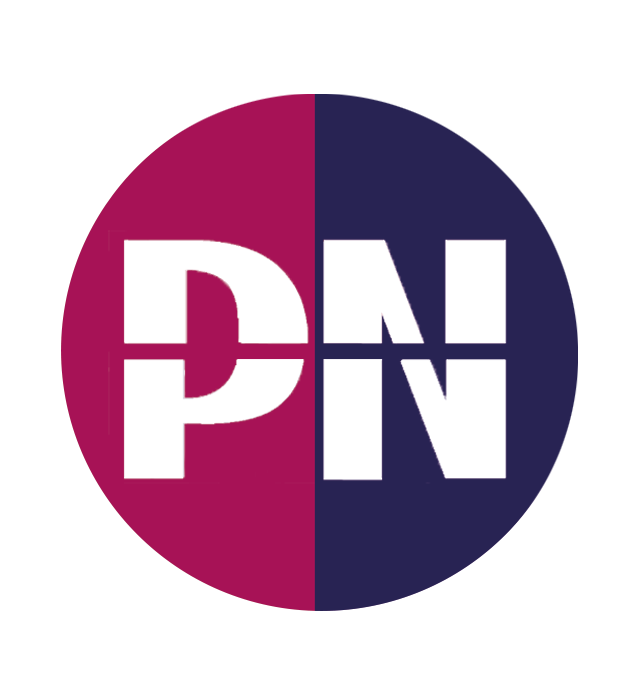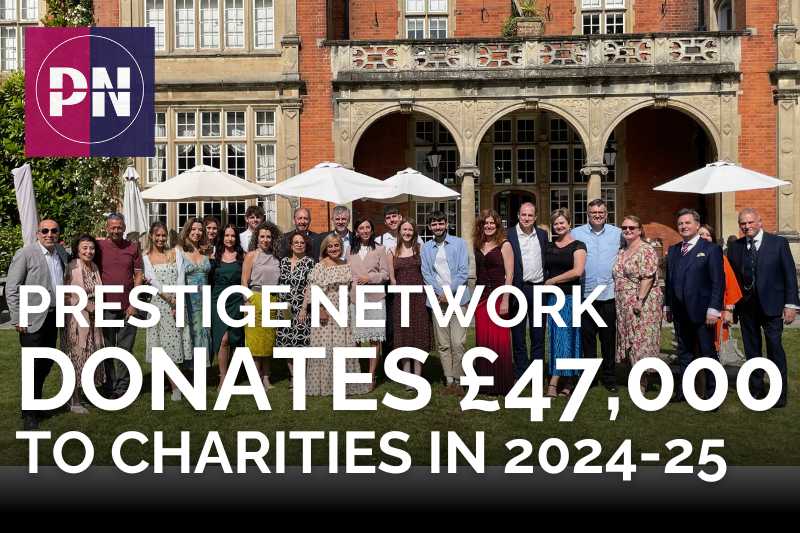
There is no doubt that the adoption of one second international language would address the main barrier to communication across borders and cultures. That is that the people of each country would continue to speak their own language, but that a second language would be adopted as a second international language enabling travellers to, at least, communicate verbally which in turn would ease many of the issues associated with travelling to different countries.
However, until then the need for professional translators and interpreters is essential especially in business and legal matters where ambiguity is unacceptable and can be disastrous and costly.
Some translation errors can be humorous like this example where a poor Welsh translation displayed on Tesco ATM machines offered customers “free erections” rather than “free cash withdrawals.” Read more here: http://snip.ly/wtcu2
On a more serious note, this translation error cost HSBC around £8 million to repair the damage caused by a poor translation.
“In 2009, HSBC bank had to launch a $10 million rebranding campaign to repair the damage done when its catchphrase “Assume Nothing” was mistranslated as “Do Nothing” in various countries.”
Now moving on, language is not the only consideration to communication when travelling. Understanding cultural differences is also important. Of course the ideal is to read up on the culture of the country you are planning to visit. However, in your busy life you may not find time to do this even though it would be to your advantage. So this is what I suggest, adopt a general understand of diverse cultures. Accept that other cultures are different to yours – not wrong, just different! Secondly, assume that people are friendly and helpful unless you are given a reason to think otherwise. Obviously, be wise about this. If you are travelling to a hostile country that is known for terrorist activities or where abductions are commonplace, be sensible and, for example, don’t travel on your own, avoid remote and isolated areas and be alert. I assume that most of you reading this will not be travelling to such places, therefore adopting an attitude that most people are friendly and helpful will be a great benefit to you and will usually bring out the best in people. One last piece of advice, as an Englishman I cannot claim to be a linguist, but I do know that if you learn even one word, e.g., thank you, or one short sentence in the language of the country you are travelling to it can be a great icebreaker and help you to make a connection. To get you started, the Polish word for thank you is “Dziękuję Ci” – the way I say it is: ”gin-qweer” which is usually understood; and the Krio (spoken in Sierra Leone) phrase for ”How are you?” is ”Ow de body?” which literally means ”How is the body?”
So, to summarise. Don’t compromise of quality translation and interpreting, especially for business and legal matters. Have a sense of humour and consider people as being friendly and helpful when travelling. Remember that other cultures are just different, not wrong. Learn one word or sentence of the language of the country you are travelling to… and stay safe.
I wish you well.
Anthony Fleming
Business Life Coach & Cultural Trainer






